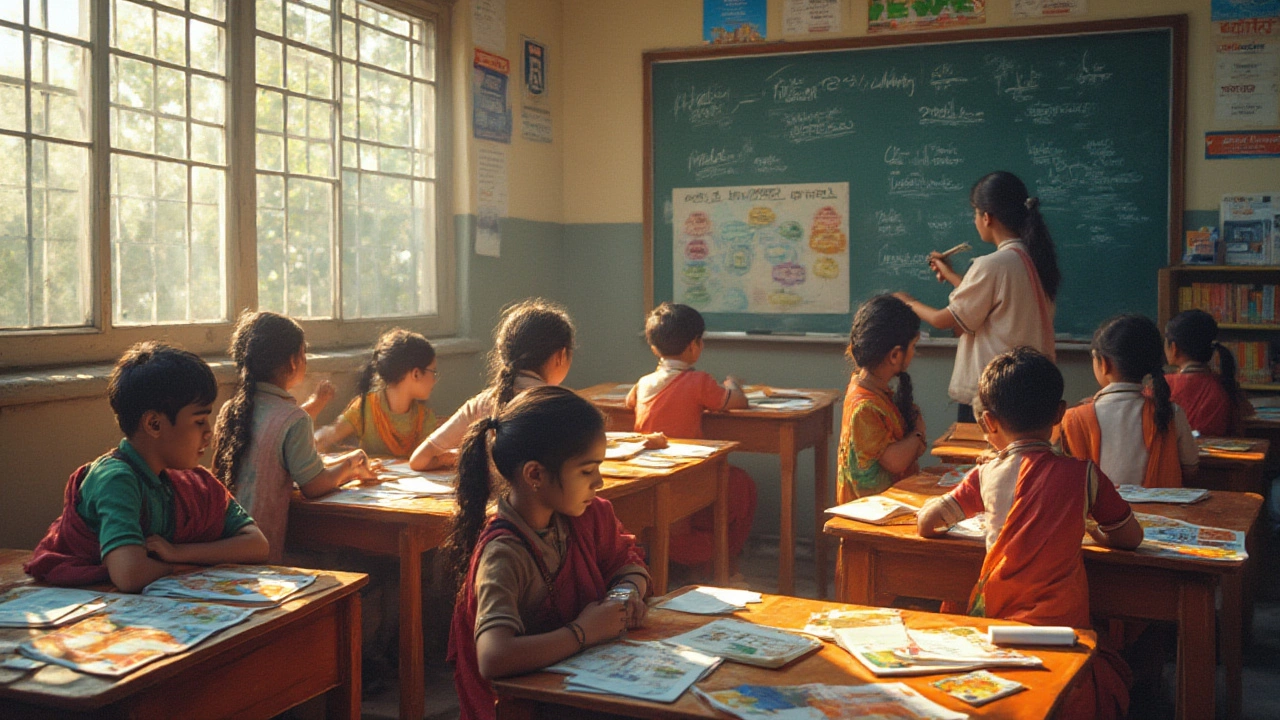Education Boards in India – Which One Fits Your Kid Best?
India has a bunch of school boards, each with its own style, syllabus and exam vibe. If you’re a parent, student or teacher, knowing the differences can save you stress when it’s time to pick a path. Below we break down the biggest boards, what they’re known for, and a quick way to decide which one matches your goals.
Major Boards and Their Highlights
CBSE (Central Board of Secondary Education) – Runs most central schools and a lot of private chains. Its syllabus leans toward science, maths and competitive exams like JEE and NEET. The exam pattern is straightforward, and the grading is uniform across the country, which helps if you move often.
ICSE (Indian Certificate of Secondary Education) – Managed by the Council for the Indian School Certificate. It’s known for a balanced mix of languages, arts and sciences, plus a strong focus on detailed answers and project work. If your child enjoys reading, writing and a wider subject spread, ICSE can be a good fit.
State Boards – Each state runs its own board (like Maharashtra Board, Tamil Nadu State Board, etc.). These boards follow the state curriculum, often in the regional language, and are tuned to local admission rules for state colleges. They’re a solid choice if you plan to stay in the same state for higher studies.
International Boards (IB, Cambridge) – Less common but growing in metros. They emphasize critical thinking, research projects and a global perspective. The grading is on a 1‑7 scale, which can feel different from the 10‑point Indian system.
How to Pick the Right Board for Your Child
1. Future plans – If you aim for engineering or medical seats through national exams, CBSE’s alignment with JEE/NEET gives an edge. For a broader academic base or overseas studies, ICSE or an international board might be smoother.
2. Language comfort – State boards often teach in the regional language. If your child is more comfortable in English, CBSE or ICSE could reduce language barriers.
3. Teaching style – CBSE tends to be concise with short answers; ICSE expects longer, descriptive responses. Look at sample papers and see which format clicks with your child’s learning style.
4. Mobility – Moving between states? CBSE’s uniform curriculum makes transitions easier. State boards can require catching up on different syllabi.
5. Extracurricular focus – International boards often integrate projects, community service and research into grading. If a holistic profile matters for you, explore those options.
Take a quick checklist: write down your child’s strengths, preferred subjects, college goals, and any geographic plans. Compare each board’s syllabus highlights to that list. Talk to teachers, check sample question papers, and if possible, visit a class to see the teaching vibe.
Bottom line: there’s no one‑size‑fits‑all board. The right choice aligns the board’s strengths with your child’s aspirations and family circumstances. Once you match those, the rest – exam prep, homework, school life – becomes a lot less stressful.
Need more detail? Our site holds deeper dives on each board’s exam schedule, cutoff trends and the best resources for students. Bookmark the page and come back whenever you hit a roadblock in your decision‑making journey.
Best CBSE Syllabus Options: Everything Parents Should Know
Dig deep into which syllabus is truly best for CBSE. Get insights on textbooks, exam patterns, practical skills, and the realities today's students face.
